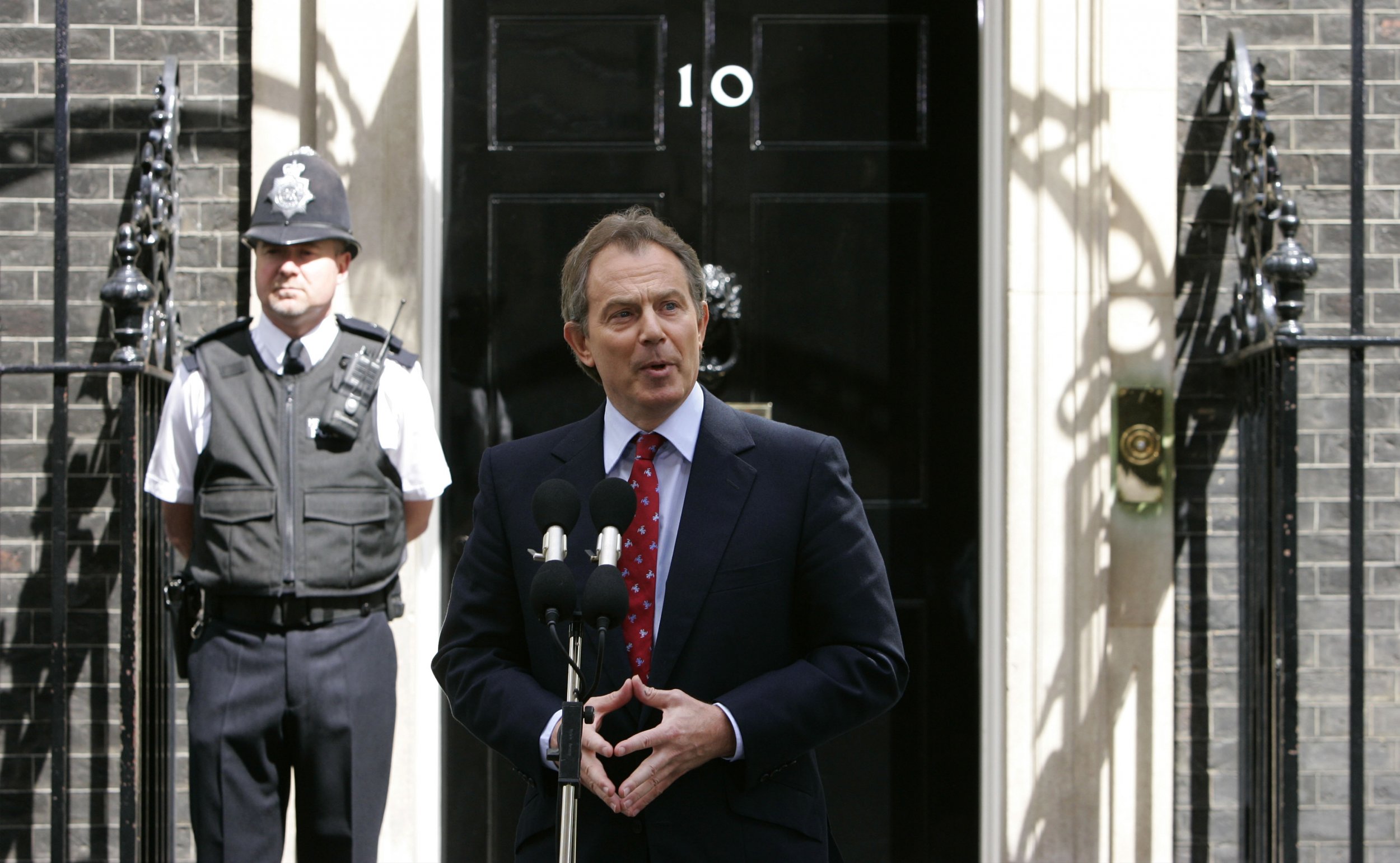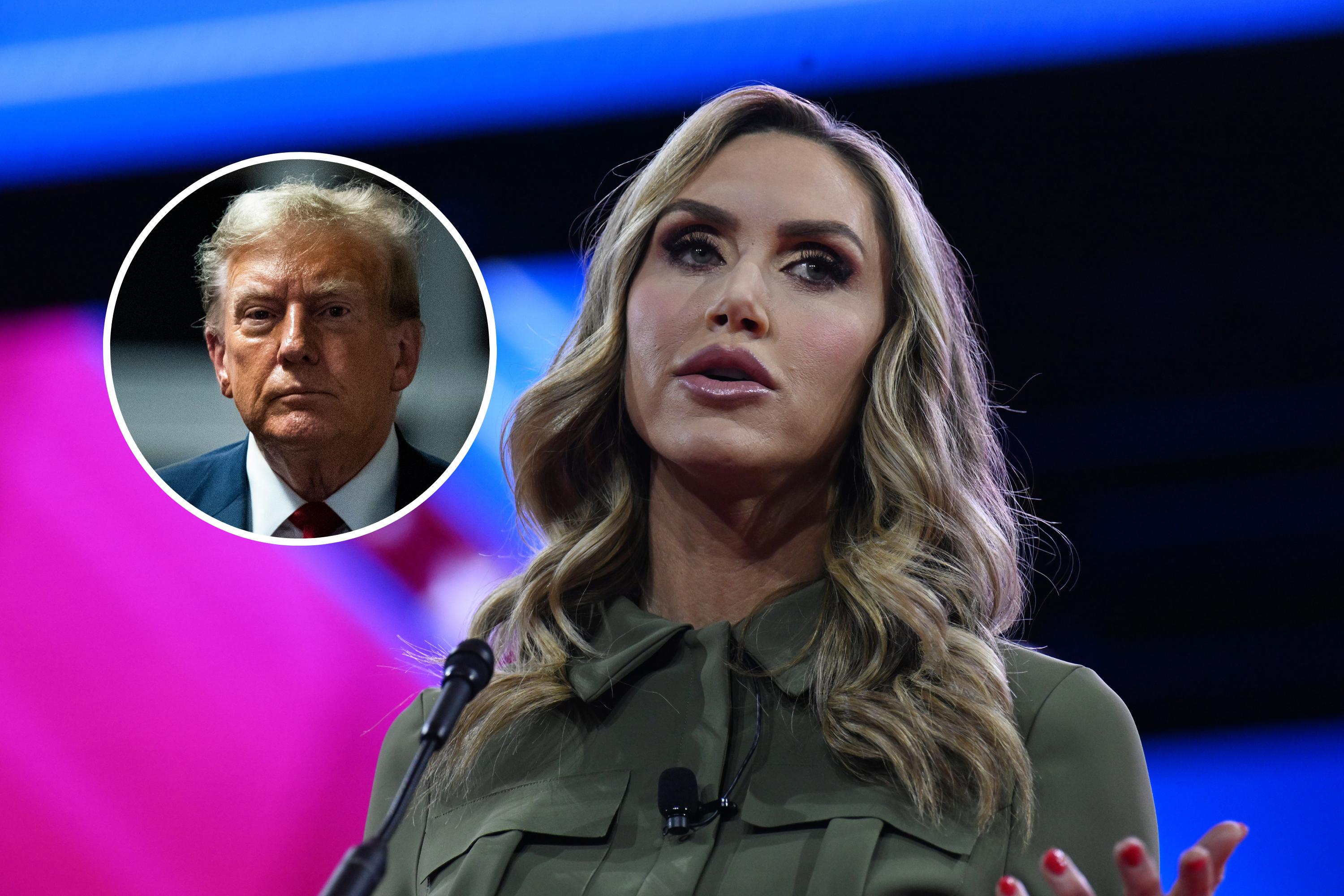
The test of any political party is whether it can claim to speak for the country. That's what the electoral process is all about. Campaign groups can speak for small sections of the electorate, but a political party needs to be able to speak for the country. It's about being serious in aspiring to lead not just your core supporters but every part of society.
We live in a democracy and Jeremy Corbyn is entitled to his vision. Many in Labour will agree with it. But it's just very narrow and wrong for a party that is interested in bringing about anything other than protest. The public won't buy it.
It partly explains why opinion polls indicate we have lost the support of a third of Labour voters since the 2015 election (itself almost the worst in our history). It's why polls show 60 percent think Corbyn is doing badly and why we're double figures behind the Conservatives on running the economy, employment, immigration or protecting our country.
This is the context in which to judge where the Corbyn-led Labour Party stands at the beginning of 2016. In this position it is incapable of winning the next general election in 2020. It is too far behind, too far out of touch and too wide of the electoral mainstream to catch up and stand any realistic chance of replacing the Conservatives, however unpopular they will be in four years' time.
Corbyn's new year reshuffle should be seen in this context. It takes Labour even further away from any prospect of winning a general election.
Its central focus is on Corbyn's personal priority of stripping Britain of its nuclear defence system and preparing the way for a change in Labour's longstanding defence policies.
Corbyn has always been a trenchant opponent of Trident— he firmly believes in unilateral nuclear disarmament—and he has no time for NATO either. He thinks this is a provocative rather than a defensive alliance. He believes, for example, that President Putin seized Crimea and established Russian forces in eastern Ukraine because NATO had been acting aggressively. Corbyn's chief mainstay in this position is Seumas Milne, his communications chief, whose writing as a journalist is very well known on the British left. He regards the West's policies as imperialist, he believes NATO is the main instrument of this imperialism—driven by US neo-colonialism—and that if we suffer terrorism this is a backlash that our policies were asking for.
It is hard to exaggerate just how far these views are from the opinions of ordinary, traditional Labour voters. They will chime more with the instincts of the younger, London-based, tertiary educated followers who have entered Labour since Corbyn became leader (as well as a fair number of older members who left under Blair and have now re-appeared). Their thinking will not be especially deep or fully worked out. They will also not realise how much Corbyn's view of the world is shaped by his anti-West prejudices as opposed to his desire to "stop war". Most of his followers regard him as new and fresh in his ideas—they do not realise these are rooted in the Cold War sentiments of "fellow travellers" who at best saw East and West equally in the wrong and, more typically, regarded the West as the aggressor.
In the coming months, Corbyn will use the defence policy "review" led by the far left Ken Livingstone and his newly-appointed Trident-sceptic frontbencher and fellow London MP, Emily Thornberry, to pave the way for getting his policy switch endorsed by the party membership. He will do this, spuriously, by means of online plebiscites and then hope the trades unions will ensure swift passage for the formal policy change at the party's annual conference in September. The unions will become key. Because of their membership in defence manufacturing industries they may be reluctant to follow Corbyn all the way. But these unions' own decision making processes produce results that do not reflect the political views of their lay members. They are driven in the main by activists for activists. Herein lies the danger for Labour. Whereas in the 1980s when the party was last faced by a far left take over, the unions (in the end) backed the centre-left leader, Neil Kinnock, in saving the party, no such stabilizing force exists now.
All is not lost. Corbyn and his coterie may yet be capsized by the weight of their own internal electoral contradictions. But those who believed originally that their sheer incompetence would be their undoing now have to come to the terms with the fact that in taking control of the structures of the party, Corbyn has possession of the title deeds and controls the finances and the staff hiring and firing of the Labour Party. It may take little short of a miracle, and a lot of courage amongst Labour parliamentarians, to face down Corbyn and his new grassroots followers. There remain many, though, determined to give it a try.
Uncommon Knowledge
Newsweek is committed to challenging conventional wisdom and finding connections in the search for common ground.
Newsweek is committed to challenging conventional wisdom and finding connections in the search for common ground.
About the writer
To read how Newsweek uses AI as a newsroom tool, Click here.








